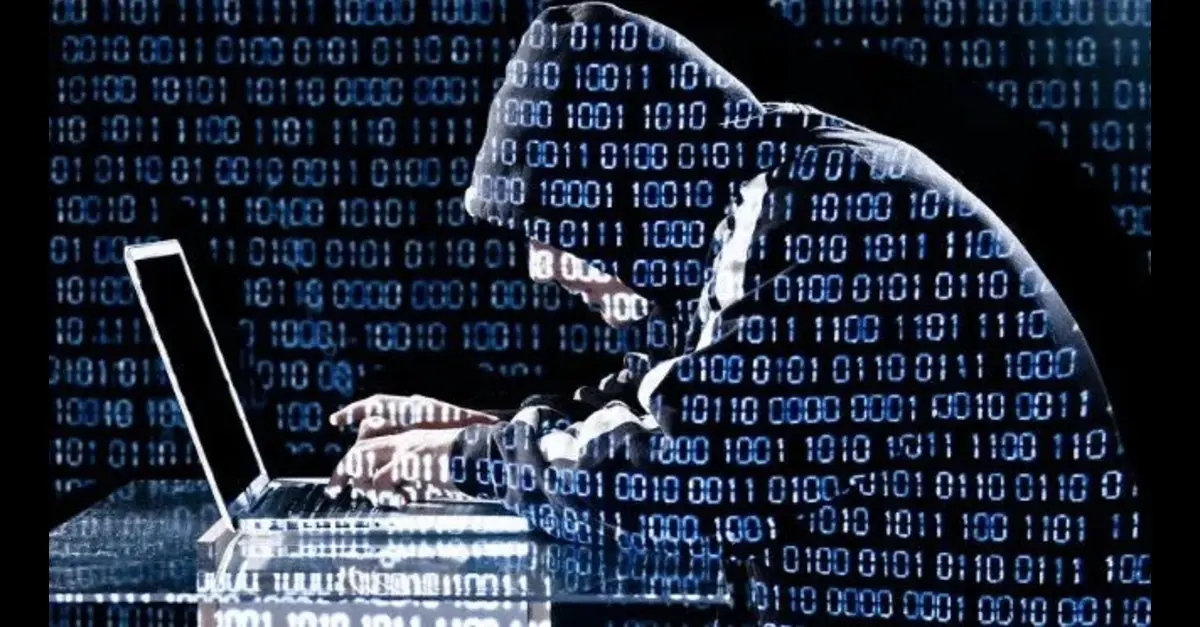INTRODUCTION
This legal news deals with the increasing cyber crimes in India which raised the significant concerns over the legal and administrative authorities. Through this case Nishant Roy v state of U.P the Allahabad high court alarmed the increase in cybercrimes, by describing them as “SILENT VIRUS” that affects the individuals irrespective of their race, religion, region, education or class. Justice Ashutosh Srivastava observed the importance of the underlining rapid advancement of technology and the problems that attached to it. The vulnerable innocent people are being exploited by cybercrimes. This matter is before the supreme court for considering the bail application filed by Nishant Roy, a BBA student arrested under “digital arret.”
BACKGROUND
This case involves where the 6th semester BBA student Nishant Roy is allegedly arrested under the digital arrest for staggering the sum of rupees 1.48 crore which is fraudulently transferred to the state bank of India. The victim and the complainant in the present case Kakoli das received a call from an unknown number representing himself calling from the courier company. She was informed that a parcel with a name containing 200 grams of MDMA and which is being sent to Taiwan. The call was forwarded to someone impersonating the deputy commissioner of police, crime branch who digitally arrested her and coerced her to share all the bank details in the name of conducting investigation. Over the three days, Kakoli das loosed over 1.48 crore from her bank account and it is transferred fraudulently to state bank of India and through the RTGS bank accounts.
During the thorough investigation conducted by the investigating officer, it was found that rupees 62 lakhs of the defrauded amount of the complainant is transferred to an account which is operated by the Sandhu enterprises, managed by the co accused in the present case Amar pal Singh and his wife. The accused is implicated through the evidence collected in SIM card to the fraudulent activities.
KEY POINTS
Defence of the applicant: The applicant Nishant Roy,6th semester BBA Student, filed for bail on the grounds that he has been falsely accused of digital fraud. He contended that his name in the confessional statement given by the co accused and the recovery of three mobile phones, two preactivated SIM cards, and the chequebook everything is also fabricated by the investigating officer. Furthermore, the counsel for the applicant stated that there was no evidence to prove the transaction happened in the personal bank accounts of the applicant.
Opposition of the state: the additional government advocate opposed the grant of bail applications by the applicant on the ground, by referring to the severity of the crime and the roles of the applicant in the present case. The state additional government advocate argued that the SIM card recovered from the applicant was directly linked to the fraudulent transactions which involved the Sandhu enterprises. The other co-accused individuals, including Amar pal Singh, his wife, and Devendra Kumar also known as dev Roy, were absconding and the investigation was ongoing about the arrest of the other co- accused in the present case.
Court observations: Justice Srivastava noted that while the increasing digital initiatives like digital India have led to the increase of cybercriminals to exploit unsuspecting victims. The court was concerned about the increasing cybercrime and not to grant bail to the applicant until the case is on for trial. The court emphasised on the wide range of cybercrimes, including phishing scams, ransomware attacks, cyberstalking and data breaches which is prevalent in India.
RECENT DEVELOPMENT
This case highlighted the vulnerabilities of digital India landscape and the urgent need for the cybersecurity measures to control the cybercrimes and the innocent victims being trapped. The supreme court rejected the application for bail on the grounds of the gravity of the nature of the offence and the judiciary is very serious in dealing with cybercrimes.
The ongoing investigation by the investigating team in searching for the absconding co -accused including Amar pal, his wife and others, indicates the seriousness and accountability of the law enforcing agencies in the case related to cybercrime.
CONCLUSION
The case of Nishant Roy vs state of U.P underscores the seriousness of the threats posed by cybercrime in India. The Allahabad high court rightly pointed out the cybercrime functions as a “SILENT VIRUS” which is affecting individuals across society and exploiting the vulnerabilities of digital infrastructure.
“PRIME LEGAL is a full-service law firm that has won a National Award and has more than 20 years of experience in an array of sectors and practice areas. Prime legal falls into the category of best law firm, best lawyer, best family lawyer, best divorce lawyer, best divorce law firm, best criminal lawyer, best criminal law firm, best consumer lawyer, best civil lawyer.”
WRITTEN BY: MUTHULAKSHMI B


